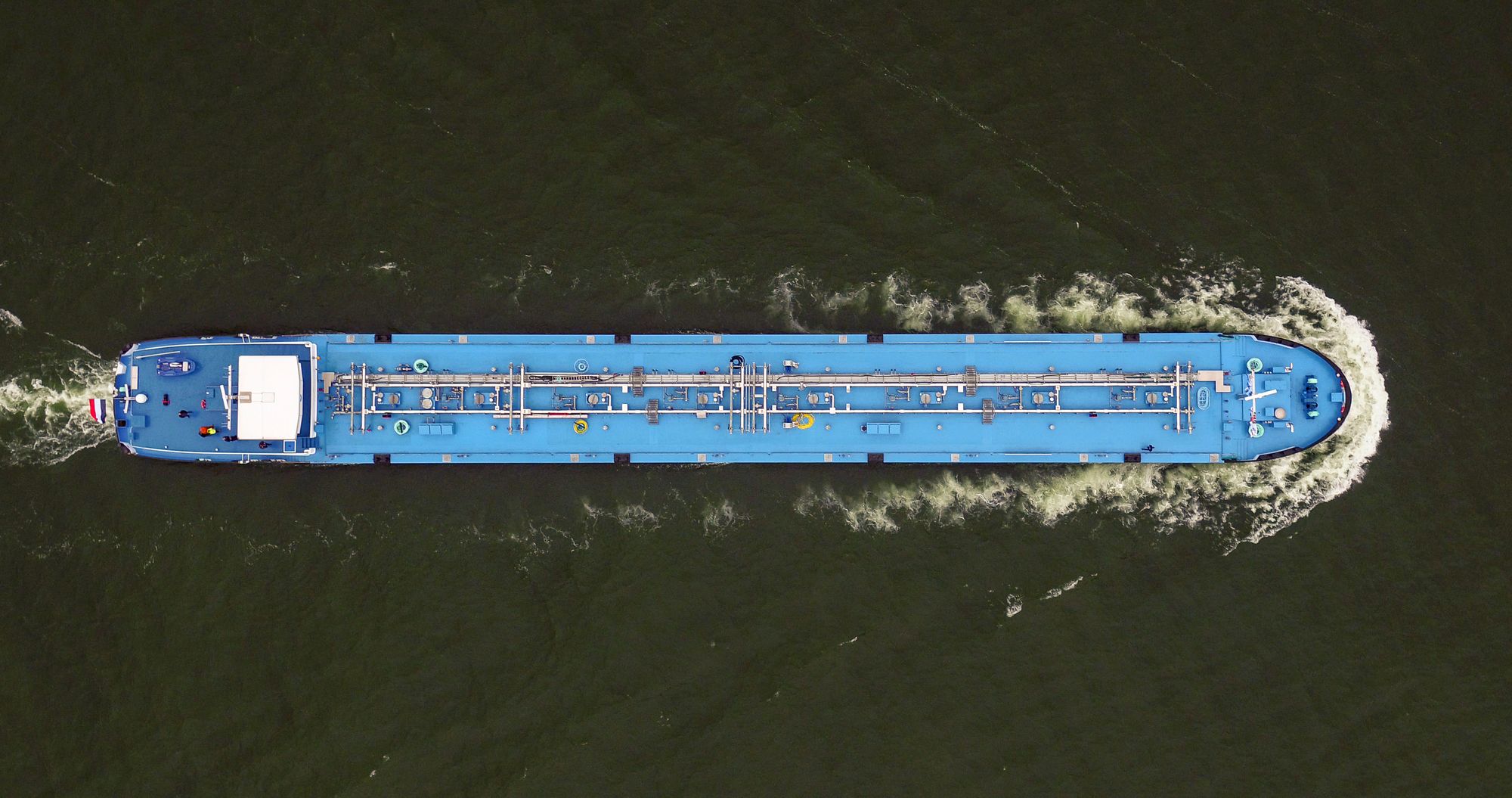Xomnia’s joint venture Shipping Technology is making waves once again in the media. The project, which aims to bring autonomous shipping to inland waterways of the Netherlands, was featured on the NPO program EenVandaag.
The five-minute episode provides an in-depth, Dutch-language account of how autonomous shipping works. Our project partner and Shipping Factory founder, Remco Pikaart, tells why he feels these technological developments are important for future-proofing his business and also for modernizing shipping in the Netherlands.
"The sector is changing rapidly. Sustainability and artificial intelligence are gaining ground. As a company, of course, you have to remain interesting, so that's why I thought: we have to get started."
Xomnia Data Scientist David Woudenberg is the co-creator of the algorithm that Shipping Technology is using to test self-propelling vessels. He explains the black software box that is a central component of the new technology.
"We teach the ship to think like a captain on the basis of a lot of data from the nautical equipment. The system is learning what the captain does in every situation.”
Woudenberg emphasises that the algorithm only allows for optimised movements. For example, the ship can change course to prevent collisions, but not steer unnecessarily.
The program also dives into some of the controversy surrounding many artificial intelligence technologies. Will these new advances delete humans from the equation and cost people their jobs? In the Netherlands, there is a shortage of trained workers in the inland shipping sector. Pikaart envisions autonomous shipping as a solution to the problem.
"The self-learning algorithm ensures fewer crew members are needed because the remaining crew can focus on other tasks. The captain’s job won’t disappear, but it will change."
View the full program (in Dutch) below.


